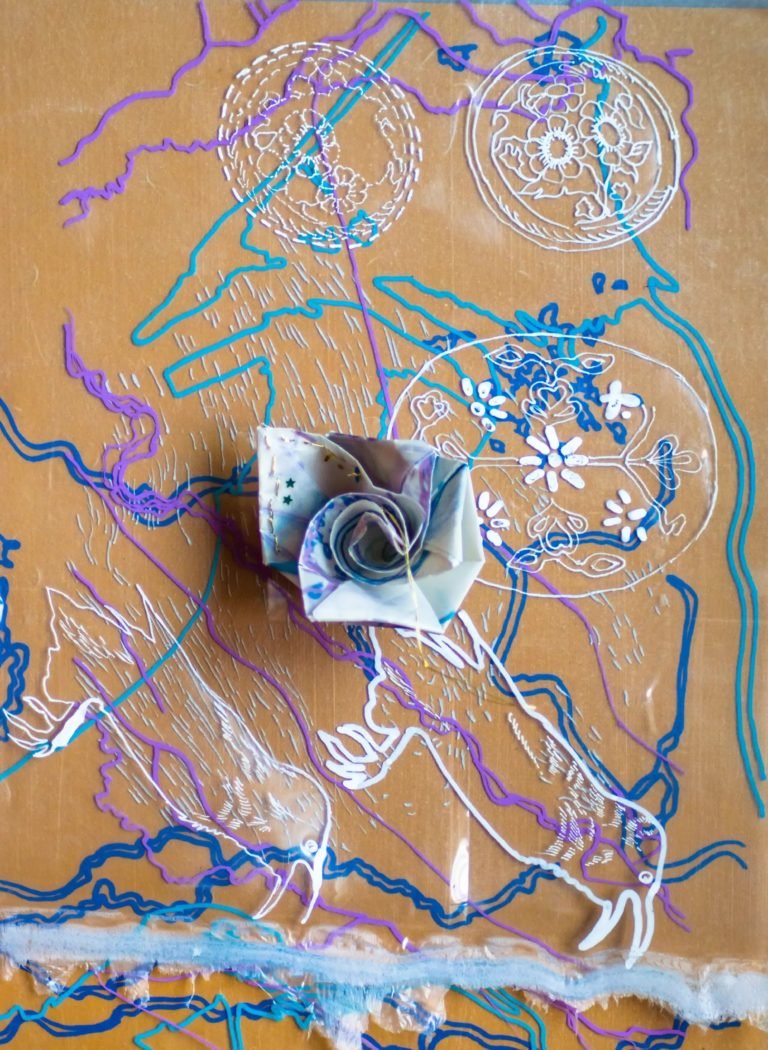Land as Memory, Knowledge, and Promise

Mahreen Zuberi
Mahreen is a Karachi-based visual artist and educator. She is an alumna of National College of Arts Lahore and coordinates the Fine Art programme at the Department of Visual Studies, University of Karachi, while completing her M.Phil, from Indus Valley School of Art and Architecture, and raising two incredible humans and a cat.
Mahreen’s studio practice explores non-hierarchical and heterogeneous structures of “making” while investigating forms of knowledge acquisition that do not depend solely on an empirical or empiricist approach. She has exhibited widely and her work is part of prominent art collections including Queensland Art Gallery, Australia, Fukuoka Asian Art Museum, Japan, and Devi Art Foundation, India.
Email: zuberimahreen@gmail.com
Artist Interview
Do any of these works interest you?
Lost Gardens Do Grow Back













